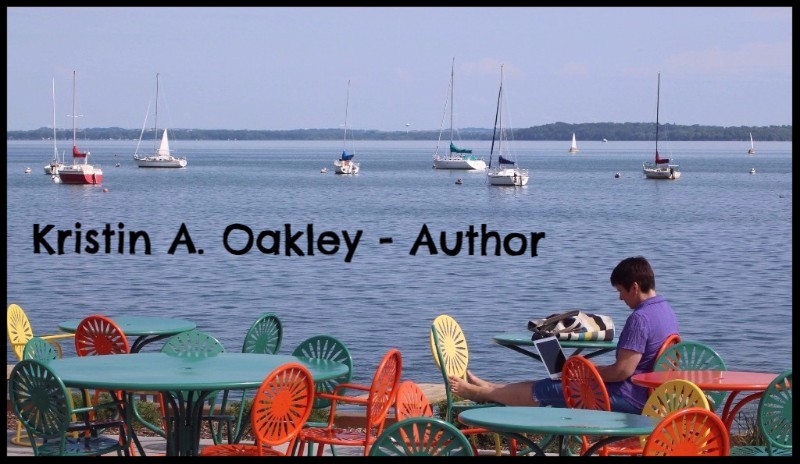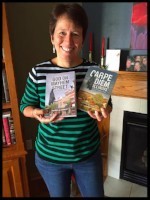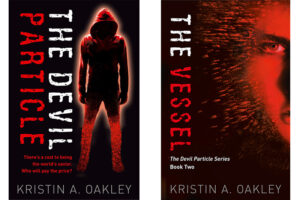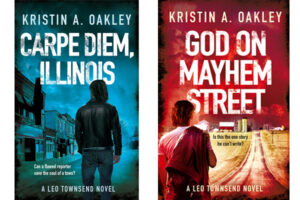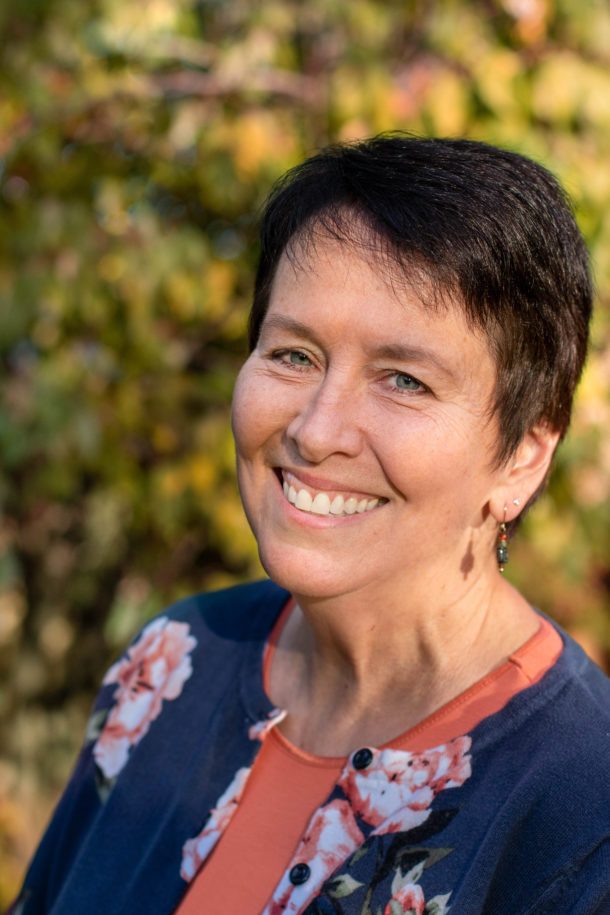It takes an average of five years to complete a debut novel. J. D. Salinger and Margaret Mitchell spent ten years writing Catcher in the Rye and Gone with the Wind while J. K. Rowling wrote Harry Potter and the Philosopher’s Stone in six (check Infographic: How Long Did Famous Novels Take to Write to see who was the quickest author).
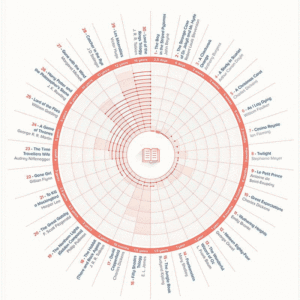 I started writing Carpe Diem, Illinois in December of 2007 and held a published copy in my hand six years and four months later. That’s a long time to devote to a creative endeavor, which is why many people start to write a book and never finish and why even more people say they’d like to write a book, and never do. Being dedicated to one project for years is hard. So what’s my motivation, my inspiration?
I started writing Carpe Diem, Illinois in December of 2007 and held a published copy in my hand six years and four months later. That’s a long time to devote to a creative endeavor, which is why many people start to write a book and never finish and why even more people say they’d like to write a book, and never do. Being dedicated to one project for years is hard. So what’s my motivation, my inspiration?
The money. Nah. On average it takes a self-published author seven years to recoup her expenses. First-time, traditionally-published authors (those with an agent and publishing company) don’t fair much better. So if I were in it for the money, I would have quit years ago.
The characters inspire me and urge me to tell their stories. Some of my readers have been disappointed to discover that I’m not (currently) working on the next Leo Townsend novel. I mention that another character, Paul Salvage, demanded I write about him first. I admit that sounds a little crazy, but that’s the way it is.
I’m also inspired by well-written novels such as The Bone Clocks by David Mitchell, The Hunger Games by Suzanne Collins, and Shotgun Lovesongs by Nickolas Butler. How-to books such as Alan Watt’s The 90-Day Novel and Stephen King’s On Writing inspire me to keep at it.
Like most storytellers, I’m also a movie geek. If a movie is poorly written, I’ll recite the dialogue before the actor utters a word and think up a better ending. Conversely, well-crafted films such as “Limitless,” “The Imitation Game,” and “Baby Driver” trigger ideas for plot twists, smart dialogue, and quirky characters.
Writing in the presence of other writers is an additional inspiration. When writing alone, I generate 1,000 words (about four pages), but when I’m with other writers, I tend to complete at least 3,000 words. Why? Well, when everyone else is tapping away on their computers, I feel guilty pIaying one more game of Ticket to Ride on my phone. Call it writing peer pressure — it works. We’ll also brainstorm ideas, work through story problems, and share resources all of which is greatly inspirational.
Now that I’m published, my readers inspire me, too. They’ll tell me they couldn’t put my book down or thought they knew the ending but were completely taken by surprise. Knowing that readers have enjoyed my books encourages me to keep writing. One thing I didn’t realize when I wrote Carpe Diem, Illinois is that once a book is published, it’s no longer my story — it belongs to the reader. This hit home when I attended the Trinity Lutheran Church Book Club discussion about Carpe Diem, Illinois. The host asked if Leo would resolve his issues with his father in the sequel. I was shocked. I couldn’t remember Leo having had any issues with Frank in the first book. At that time, I was writing the sequel, God on Mayhem Street, which deals with — Leo’s conflict with Frank. The reader nailed it!
And would you believe that writing inspires me to write? The more I write, the more ideas I get. This is true for all authors which is one reason the most common advice we receive is to write every single day.
So . . . I’d better get back to working on The Devil Particle Trilogy.
P.S. If you’ve enjoyed reading a book, let the author know! Post a review on Amazon or Goodreads, send an email or handwritten note, or Tweet them a compliment. You’ll be that author’s burst of inspiration!
Where you can find me:
Books & Beer, Columbus, WI, January 25, 2018, 7 p.m. I’m looking forward to another lively discussion of Carpe Diem, Illinois. This book club is open to the public — join us! If you would like me to talk to your book club, simply contact me.

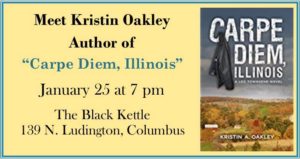
UW-Madison Writers’ Institute Pathway to Publication, April 12-15, 2018. I’ll be busy helping writers practice their pitches to agents, presenting how-to write information, and more. Writers — registration for this premier writing conference is now open!
